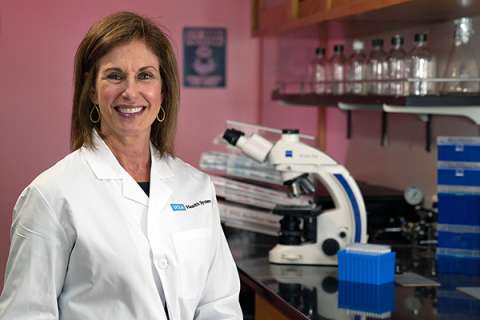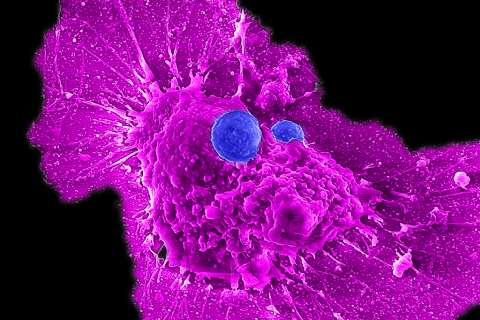Obstetrics & Gynecology
Research
UCLA Obstetrics & Gynecology Research

The Afshar Lab utilizes label-free non-invasive imaging called second harmonic generation to understand the extracellular matrix, specifically collagen at the interface of the uterus and placenta in order to understand the biology of placenta accreta spectrum.
Our Faculty
Our faculty are committed to ongoing research in the areas of high-risk pregnancies, postpartum depression, polycystic ovarian syndrome, elucidation of the genetic basis of congenital birth defects, leading-edge work in advancing cures for gynecologic cancers, global health and a robust clinical trials program.
Groundbreaking Research
The UCLA Department of Obstetrics and Gynecology is committed to basic and translational research in a quest to develop new treatments and cures for a wide array of women's health conditions.

Research News





